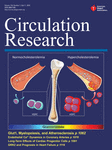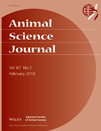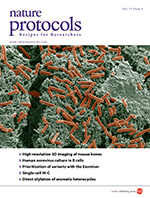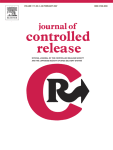A researcher accused of misconduct by an anonymous Japanese blogger has corrected a 2003 paper in Circulation Research, after providing a university investigation with the original source files.
Allegations of fraud have dogged Shokei Kim-Mitsuyama for years, and even caused him to step down from his position as editor in chief at another journal. However, Kim-Mitsuyama and his colleagues call the latest correction a “mistake,” which didn’t affect any of the paper’s conclusions.
We’ve unearthed a total of five publications co-authored by Kim-Mitsuyama that have earned corrections, the latest of which cites an investigation by the university:
Continue reading Raw files help fix 2003 figure by heart researcher accused of fraud









